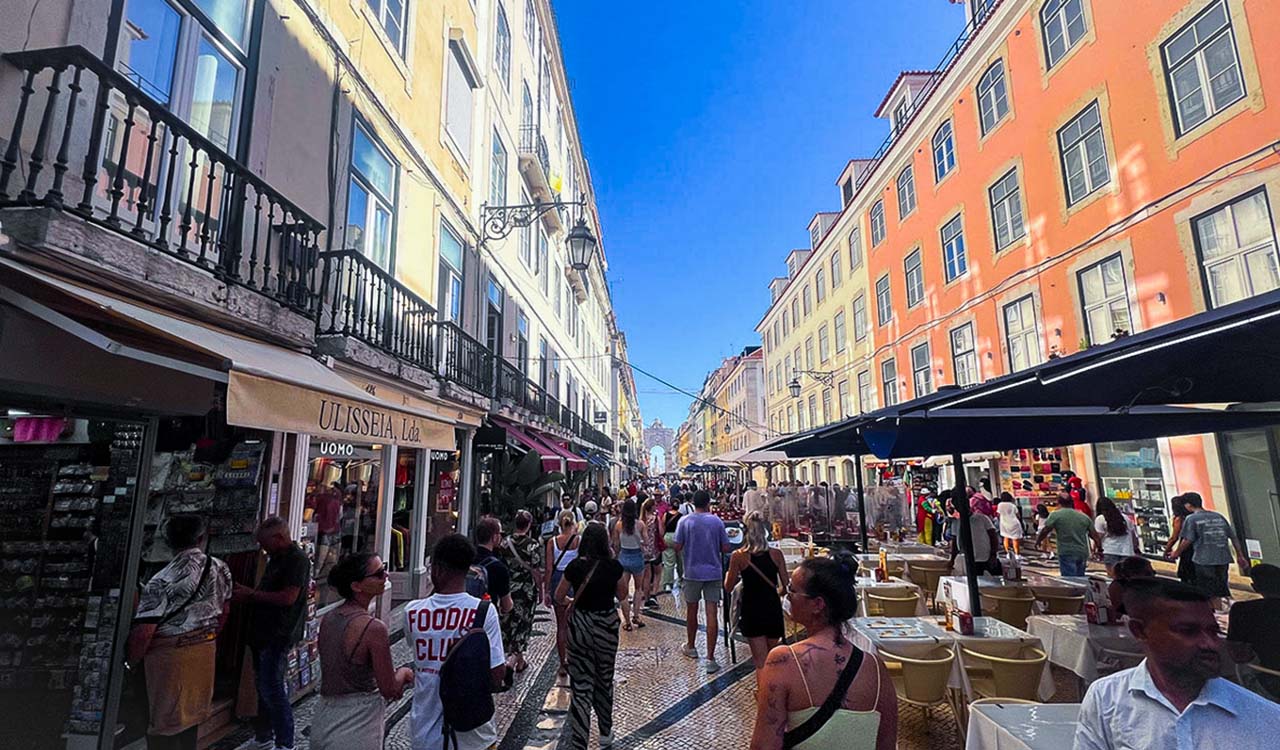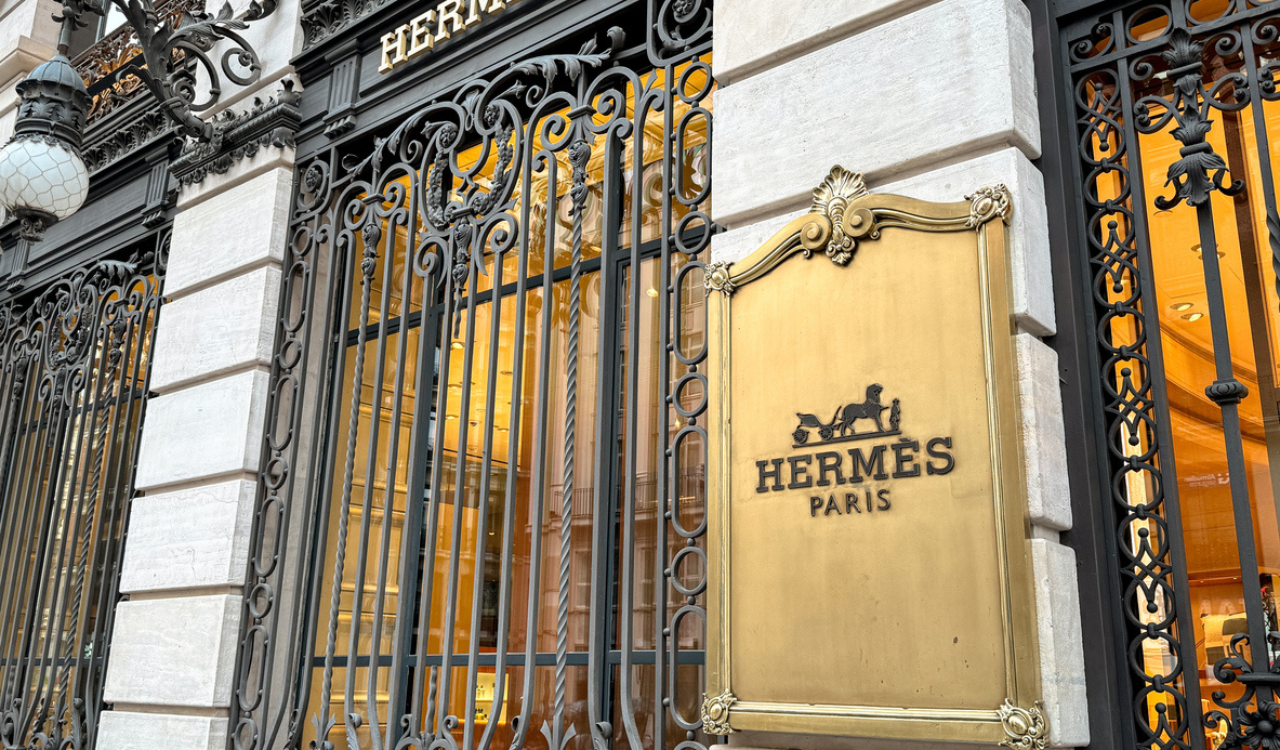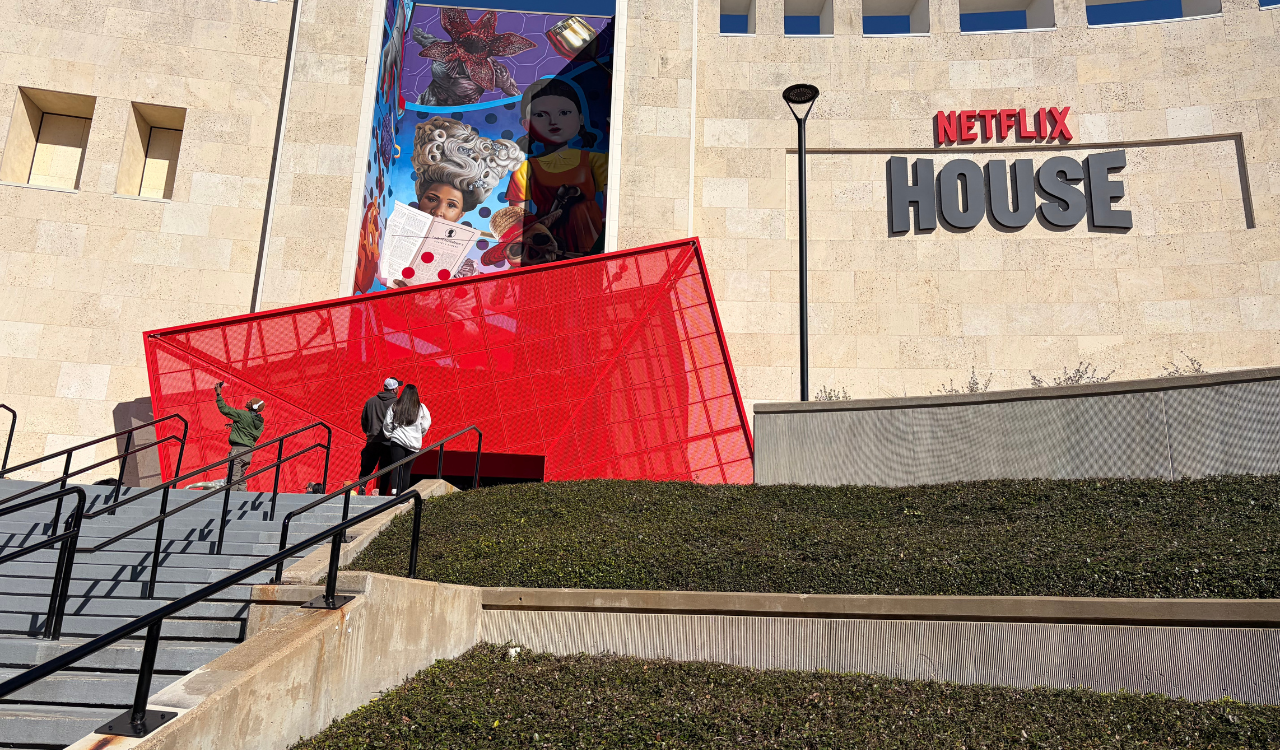The topic at hand: high-end, red-hot, retail in Lisbon. As someone who lived in Portuguese-speaking Africa for many years, Lisbon (or Lisboa as it’s better known around the world), the capital of Portugal, has been a city that I find myself passing through on business several times a year.
Nothing indicates that the ‘high-endification’ of Lisbon’s retail sector is showing any signs of slowing down. Wealthy investors from China, India and the GCC have announced a slew of new upscale hotels and commercial establishments that will certainly require more international luxury brands to set up shop in the Portuguese capital in the months and years to come.
In fact, in Luanda, the capital of Angola where I lived from 2009 through 2016, the running joke (and one that is actually somewhat true I might add) is that if you need to see any Angolan government minister between the months of June and August, you are far more likely to find him or her lunching at the Varanda Restaurant at the Four Seasons Ritz in Lisbon.
I began going to Lisbon in the early 2010s and have probably been to the city at least 30 times in the last decade and a half. I usually stay somewhere near the main drag, Avenida da Liberdade that connects the city’s business center to the hyper-touristy neighborhoods of Alfama, Chiado and the Baixa. It was only recently that I began to pay attention to the luxury retail transformation that has enveloped the city over the past couple of years.
Unintended Consequences
The tipping point in this Luso-luxury makeover, according to both locals and scores of expats who have resettled in the city, was the pandemic. As the corporate world in the U.S., Europe and much of the rest of the industrialized world worked its way through metamorphic Covid-19 work-from-home protocols, tens of thousands of digital nomads – suddenly unshackled from tiny cubicles and dark apartments in places like London, New York City, and Tokyo – were lured to Lisbon by the promise of an easy-going southern European lifestyle, cheap prices, fast internet, and nearly year-round sunshine. Golden visas are also a major draw. Financially independent expats have often opted to bring their entire families in tow. In fact, a major milestone was recently reached with over one million foreign residents now living in Portugal, a 34 percent increase in expats since 2023.
This torrent of foreign white-collar workers coupled with Lisbon’s already brimming business as a destination where Northern Europeans go to escape the colder months and everyone else escapes during their government-mandated months-long summer vacations has remade the storefronts of Portugal’s picturesque capital.
Together, these two groups – flush tourists and wealthy expats – having descended upon the Portuguese capital have created a brand new economic vitality that has had broad-reaching effects, not only on Lisbon but also on the broader Portuguese economy — and specifically on the city’s high-end retail landscape.
Tourism: The Original Catalyst for Portugal’s Retail Growth
Years before the pandemic, tourism was the cornerstone of Portugal’s economy, with Lisbon serving as its beating heart. Over the past decade, the city has become a magnet for international travelers, drawn to its stunning architecture, rich cultural heritage, and vibrant lifestyle. Lisbon’s retail scene has evolved alongside the influx of visitors, transforming it from a predominantly local market to a cosmopolitan shopping destination.
In 2023, Portugal welcomed over 30 million tourists – three times its own population – with Lisbon accounting for the lion’s share of these visitors. The surge in tourism has had a direct impact on retail, particularly in key sectors such as fashion, grocery, and hospitality. Multinational brands have been quick to recognize the opportunities presented by Lisbon’s booming tourism industry, leading to an influx of major retail players setting up shop in the city.
Global Retail Brands Entering Lisbon
The transformation of retail in Lisbon is perhaps most evident in the fashion sector, where internationally recognized brands have established a strong presence. Zara, the flagship brand of the Spanish retail giant Inditex, has long been a fixture in the city’s shopping districts, but recent years have seen the arrival of other international fast-fashion powerhouses. For example, H&M, the Swedish fast-fashion brand, opened a flagship store in Lisbon’s Chiado district, catering to both tourists and locals with its affordable yet trendy offerings.
But it’s Lisbon‘s upscale luxury segment that has really flourished in recent years. Marquee LVMH brands, for example, are all over Lisbon’s retail scene, mainly concentrated along the city’s primary luxury upscale shopping street, Avenida da Liberdade. Shoppers can find Louis Vuitton and Loewe, along with Fenty, Sephora, and Bvlgari on Avenida da Liberdade. Other LVMH brands including Dior, can be found at multi-brand retailers like Fashion Clinic, which curates a variety of designer selections from LVMH’s portfolio.
Other high-end brands such as Gucci and Prada have also opened boutiques in Lisbon’s nearby upscale neighborhoods, which is quickly becoming a focal point for all kinds of high-end shopping drawing affluent tourists, expatriates and the throngs of wealthy Africans from former Portuguese colonies such as Angola and Mozambique who have made Lisbon a home away from home. It’s almost a rare occurrence to enter one of these fine luxury establishments and not hear African Portuguese accents ringing out from somewhere in the store.
Additionally, the upscale shopping, gastronomy and lifestyle destinations known as JNcQUOI house luxury items from international brands, enhancing the range of luxe products accessible in the city. It’s an innovative concept that can go toe-to-toe with any high-end offering one might come across in Paris or New York City. The bathrooms even have a resident DJ spinning records while customers tend to their business.
The ongoing influx of expats has also created opportunities for homegrown local luxury brands and store concepts to gain a footing. Parfois, a high-end women’s brand, has flourished and is now expanding into markets across Europe and Lusophone Africa. Sacoor Brothers, a high-end men’s brand, has done even better with physical stores now in over 16 countries.
And nothing indicates that the ‘high-endification’ of Lisbon’s retail sector is showing any signs of slowing down. Wealthy investors from China, India and the GCC have announced a slew of new upscale hotels and commercial establishments that will certainly require more international luxury brands to set up shop in the Portuguese capital in the months and years to come.
Note to self: Keep your eye on Lisbon’s luxury retail market.





